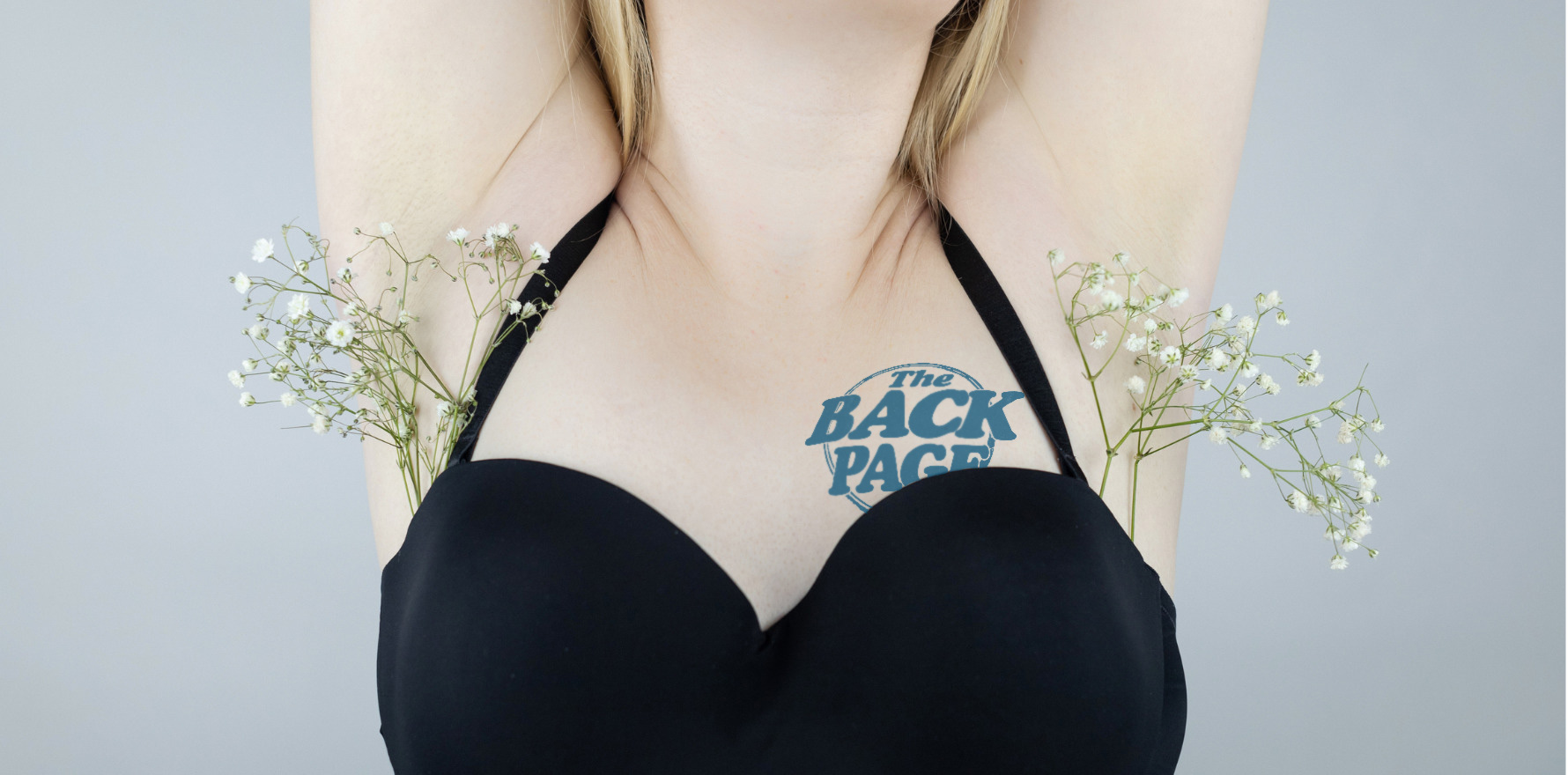It seems counterintuitive, but smelling human body odour may be enough to comfort those who suffer from social anxiety.
If you have a sadistic wish to induce an anxiety attack in a teacher, sidle up to them and whisper in their ear: “February, first period after lunch, year 7 boys.”
I’ve seen otherwise sensible adults reduced to quivering slaves to their gag reflexes on the strength of the memory of that smell.
Which is why I am astounded by new research presented at the European Congress of Psychiatry in Paris last weekend. The researchers showed that social anxiety was reduced when patients underwent mindfulness therapy while exposed to human body odour, harvested from the underarm sweat of volunteers.
First of all, who wakes up and thinks “I must donate the fruits of my damp pits to science today”?
Second, who wakes up and thinks “I must scrape the sweat from strangers’ moist axillas today”?
Ms Elisa Vigna, lead researcher from the Karolinska Institute in Stockholm, that’s who.
“Our state of mind causes us to produce molecules (or chemo-signals) in sweat which communicate our emotional state and produce corresponding responses in the receivers,” Ms Vigna told the Congress.
“The results of our preliminary study show that combining these chemo-signals with mindfulness therapy seem to produce better results in treating social anxiety than can be achieved by mindfulness therapy alone.”
Social anxiety is a “long-term and overwhelming fear of social situations”. It’s more than shyness, as someone with social anxiety feels overly worried before, during and after the event. Symptoms can include finding things difficult to do if someone is watching, fear of being criticised, avoiding eye contact, low self-esteem, sweating, trembling, heart palpitations, and panic attacks.
The volunteers watched clips from movies that induced either happiness or fear, and their sweat was collected while they were watching.
(As a side note, one of the films alleged to create feelings of happiness included Mr Bean’s Holiday – controversial.)
Once the sweat samples were in hand, so to speak, 48 women (15 to 35 years) with social anxiety were split into three groups of 16. Each group underwent mindfulness therapy, one while being exposed to “happy” body odour, one while being exposed to “fearful” body odour, and a control group exposed to clean air.
“We found that the women in the group exposed to sweat from people who had been watching funny or fearful movies, responded better to mindfulness therapy than those who hadn’t been exposed,” Ms Vigna told the Congress.
“We were a little surprised to find that the emotional state of the person producing the sweat didn’t differ in treatment outcomes – sweat produced while someone was happy had the same effect as someone who had been scared by a movie clip.
“There may be something about human chemo-signals in sweat generally which affects the response to treatment.
“It may be that simply being exposed to the presence of someone else has this effect, but we need to confirm this. In fact, that is what we are testing now in a follow-up study with a similar design, but where we are also including sweat from individuals watching emotionally neutral documentaries.”
(Is there such a thing? I find documentaries by turns enraging and sob-inducing.)
“This should allow us to tease out whether any potential therapy benefits stem from the unconscious perception of specific emotional signals, or whether it is simply to do with human presence, irrespective of emotion,” said Ms Vigna.
“We found that individuals who undertook one treatment session of mindfulness therapy together with being exposed to human body odours showed about 39% reduction in anxiety scores. For comparison, in the group receiving only mindfulness (i.e., the control group) we saw a 17% reduction in anxiety scores after one treatment session.”
Call me a rebel, but I’m willing to bet that if this ever becomes a treatment in clinical practice, prescribers are going to have to be very careful about who is providing the sweat. Year 7 boys are off the invite list.
Sending story tips to penny@medicalrepublic.com.au will make you smell lemony fresh.


